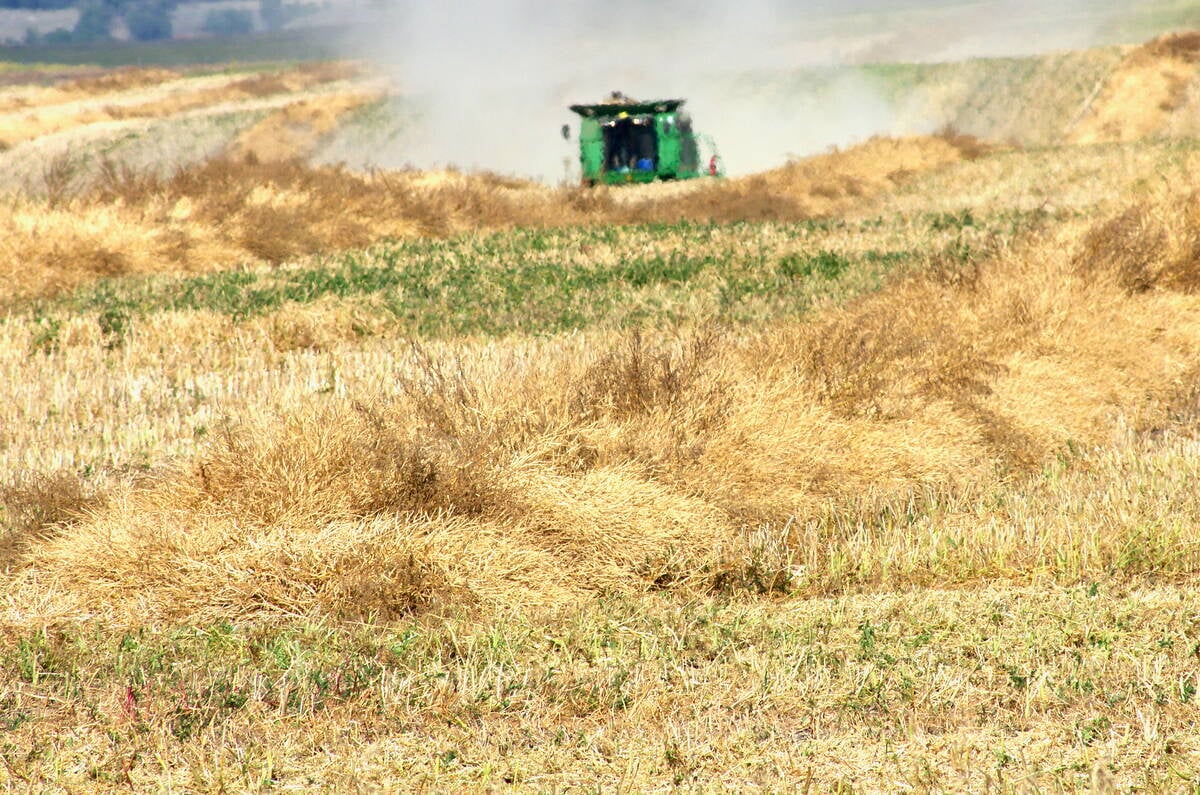SWAN RIVER, Man. – Bill Barker sees Manitoba’s elk-capture program as a dollars and cents issue.
Every year elk roam across his land, damaging crops and munching on his hay. Just recently, the four-legged foragers cost him $1,000 in his canola.
“We’ve still got some combining to do, so there could be some more damages yet,” said the Kenville farmer last week.
Barker said the elk-capture program helps keep the problem in check. That’s why he applauds the province’s plans to capture another 350 elk this winter.
Read Also

Manitoba searches for Plan B on canola oil exports
A new report explores Manitoba’s current canola oil trade and possible alternative markets to the U.S.
“That will take a big chunk of the damage away. We’re trying to target the ones out living on the farmland.”
Many of the animals captured will be in the Swan River Valley. A draw next fall will disperse them to producers wanting to farm elk.
Manitoba’s New Democrats and the Winnipeg Humane Society oppose the capture. They think it’s inhumane to take wild animals out of their natural habitat. They also loathe the practice of sawing the velvet antlers off bull elk.
However, the province views the elk capture as beneficial to farmers. Curbing damage to hay and crops is one aspect of the program. Strengthening the province’s elk farm industry is another.
“The whole idea behind it is to put some reasonably priced elk seed into the hands of farmers to help get the industry going,” said Bill Steeds, Manitoba Agriculture’s manager of livestock development and diversification.
Manitoba has 72 elk farms, with a herd of 1,200 animals. The elk-capture program is in its fourth year, said Bob Wooley, a regional director for natural resources. About 350 animals have been trapped since it started.
The outcome of this year’s elk-capture program will determine whether it’s continued.
Wooley sees no harm in taking more elk out of the Swan River Valley: “I don’t think the numbers we’ve taken have impacted that population significantly at all.”
Cliff Penner, of Swan River, began elk farming last year. He got nine animals through the elk-capture program and has since had a calf born to his herd. Penner hopes to expand the herd for breeding stock, while earning money by harvesting antlers. The antlers are ground up and used for traditional medicines and aphrodisiacs in Asia.
“I’m optimistic for the future of elk farming,” he said, noting that he expects to see a return from the venture in three years.














